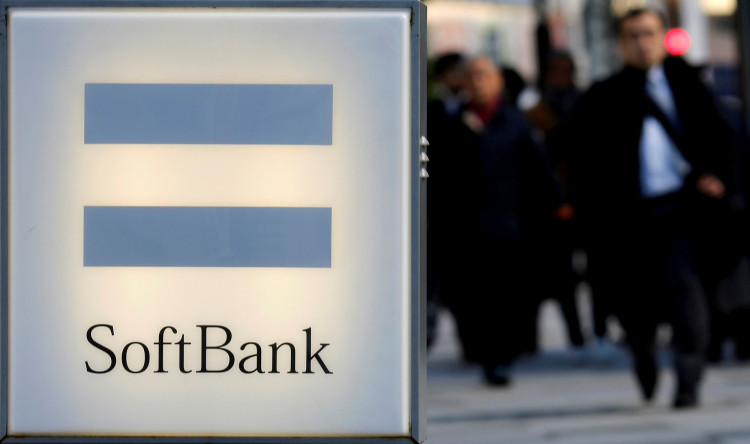United Kingdom chip designer Arm is fighting for executive leadership with its Chinese joint venture. The move came after the firm tried to oust the chief executive of the enterprise.
The UK group claimed that Arm China's board of directors voted to oust Allen Wu, the chairman and chief executive on an interim basis. However, Arm China rejected the claim.
In an official statement through social media platform Weibo, Arm China claimed that Wu still remains as the chief executive for the joint venture. It noted, however, that the Arm China remains an independent legal entity registered in China following the law.
Furthermore, the statement also read that Arm continues to operate normally and consistently supports the Chinese economy and its customers as always.
Wu was then revealed to be in charge of Arm China along with its three subsidiaries. After the initial conflict, Arm later claimed that Wu has been investigated following complaints of serious irregularities revealed by a whistleblower, including former employees. The allegation was announced in public through a joint statement of Arm China and Hopu Investments, the latter being a Chinese private equity firm that is a major stakeholder of the former.
The allegations also circled around the potential business interests of Wu outside of Arm China. Wu was allegedly asked to resign his post but refused to do so. Furthermore, the issue was then circled with legal complications.
The joint statement also revealed that Wu failed to notify conflicts of interest and violated employee handbook. It was also shown that the removal of Wu would result in a responsible decision. The said decision was then perceived to ensure that Arm China's long-term stability and improved business prospects would be prioritized.
A person familiar with the issue claimed that there has already been mistrust surrounding Wu in the past few years. Wu's reputation reached Cambridge and China that led to a joint decision of the board to remove him as chief executive.
Wu is a US citizen that led Arm's China business since 2014. He also headed the joint venture engaged by the company in 2018.
The boardroom conflict was said to be a fresh spotlight for Arm's business in China. One of the issues tackled were technology transfers between the UK and China. The said transaction allegedly sold 51 percent interest in the company's Chinese subsidiary to a consortium of local financial investors, along with partners of the firm in 2018.
Executives of Arm were also said to have played down the risks associated with the technology transfers. It was also denied expansion to China driven by Soft Bank.





